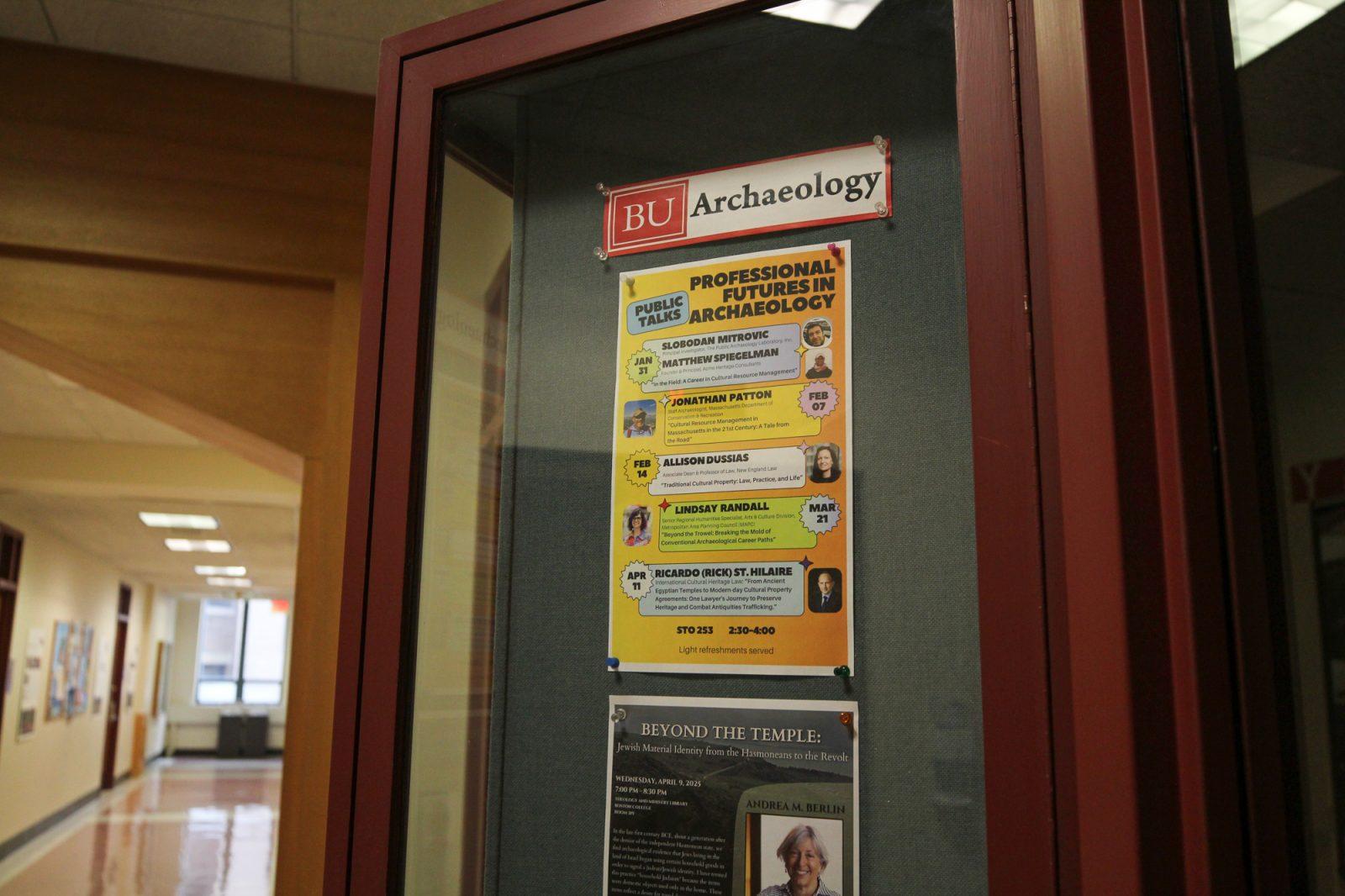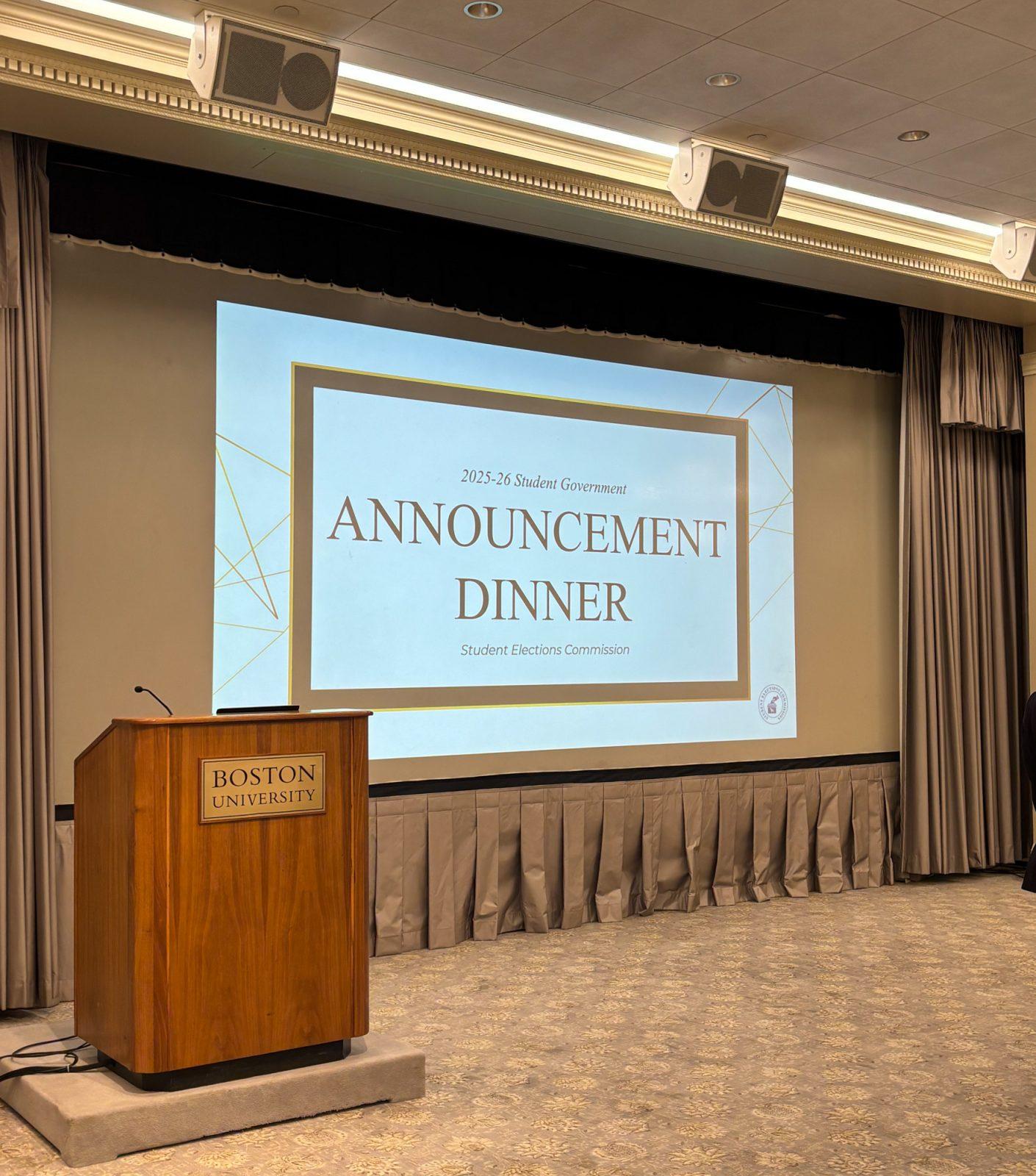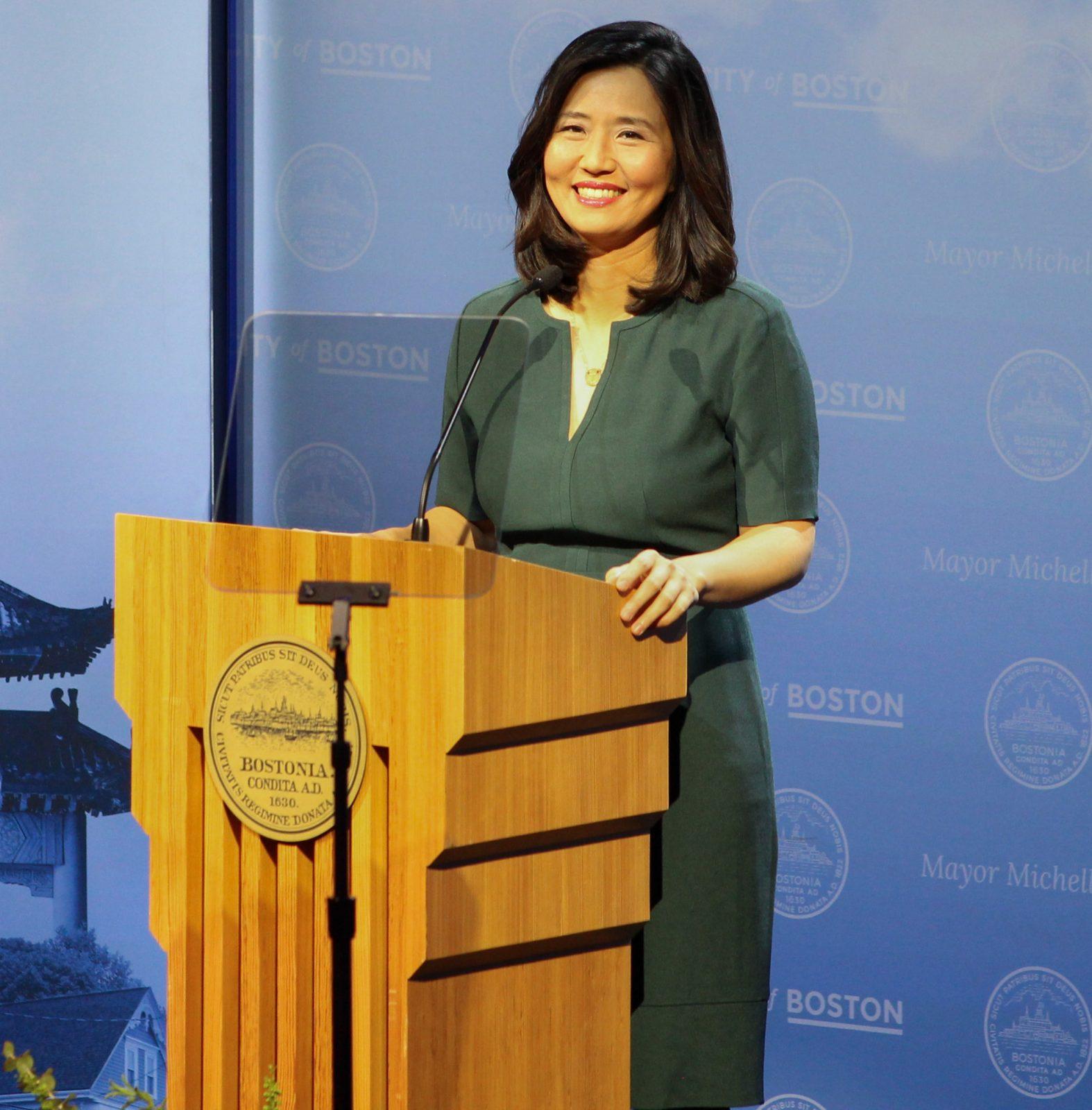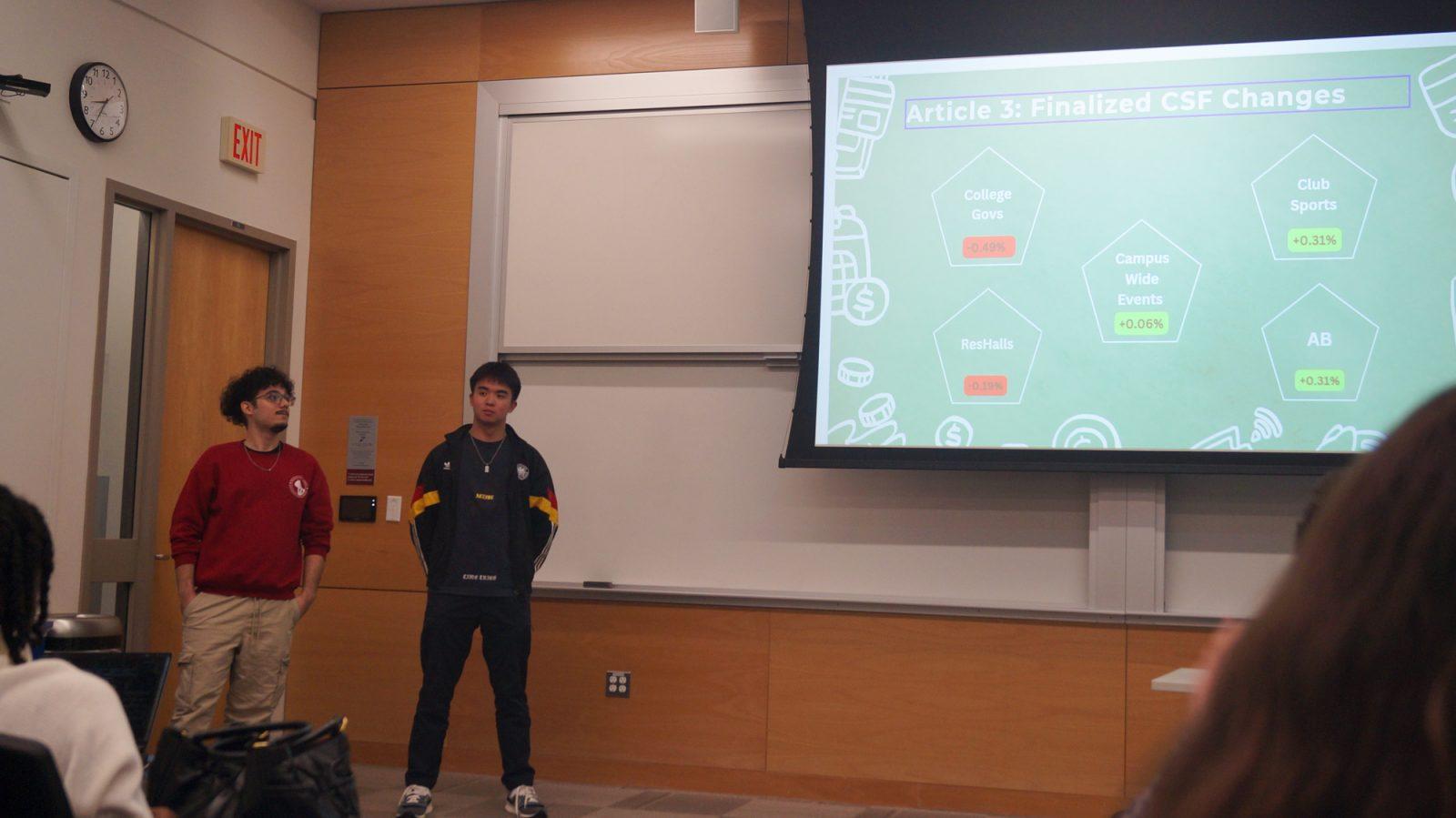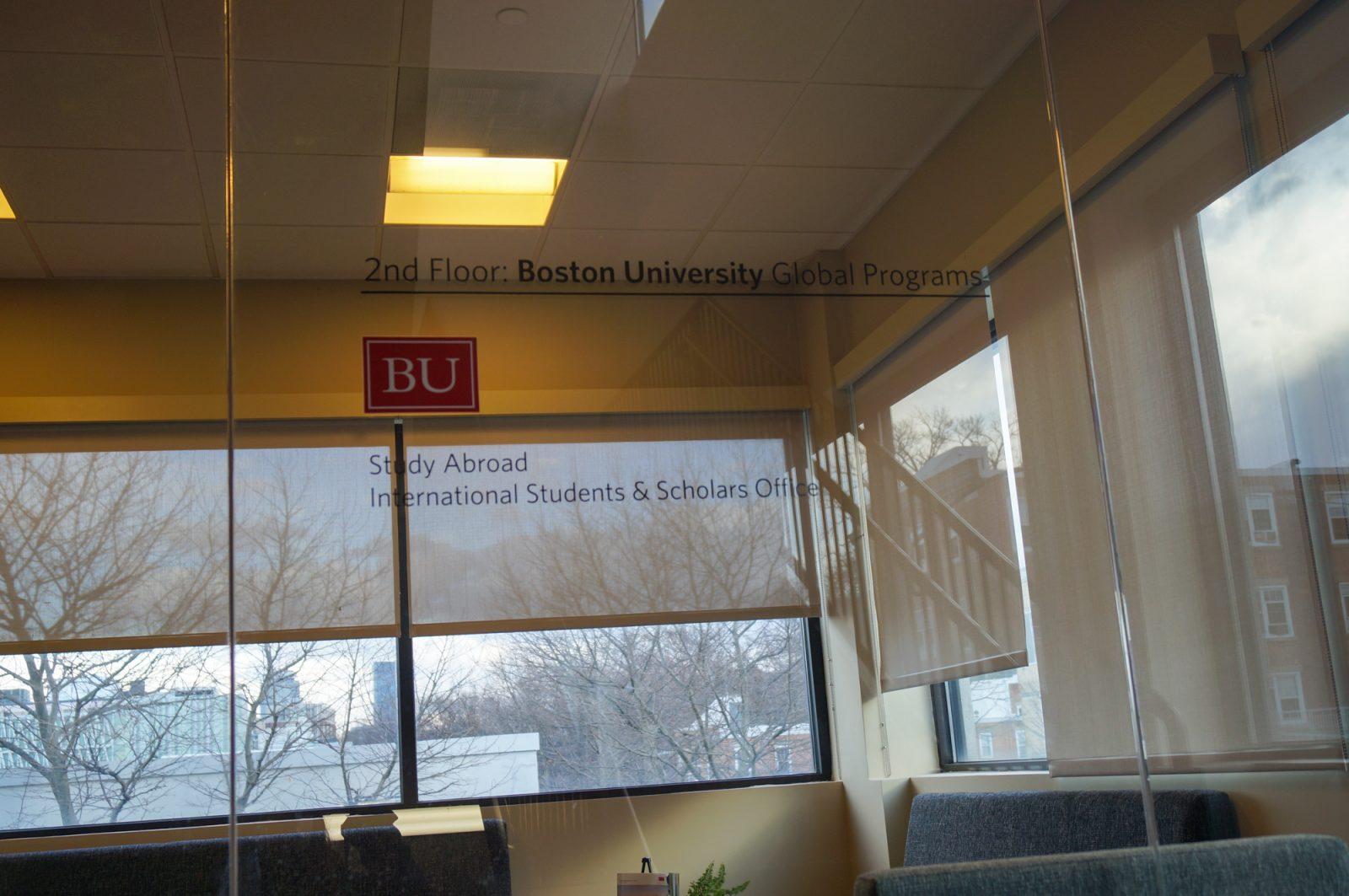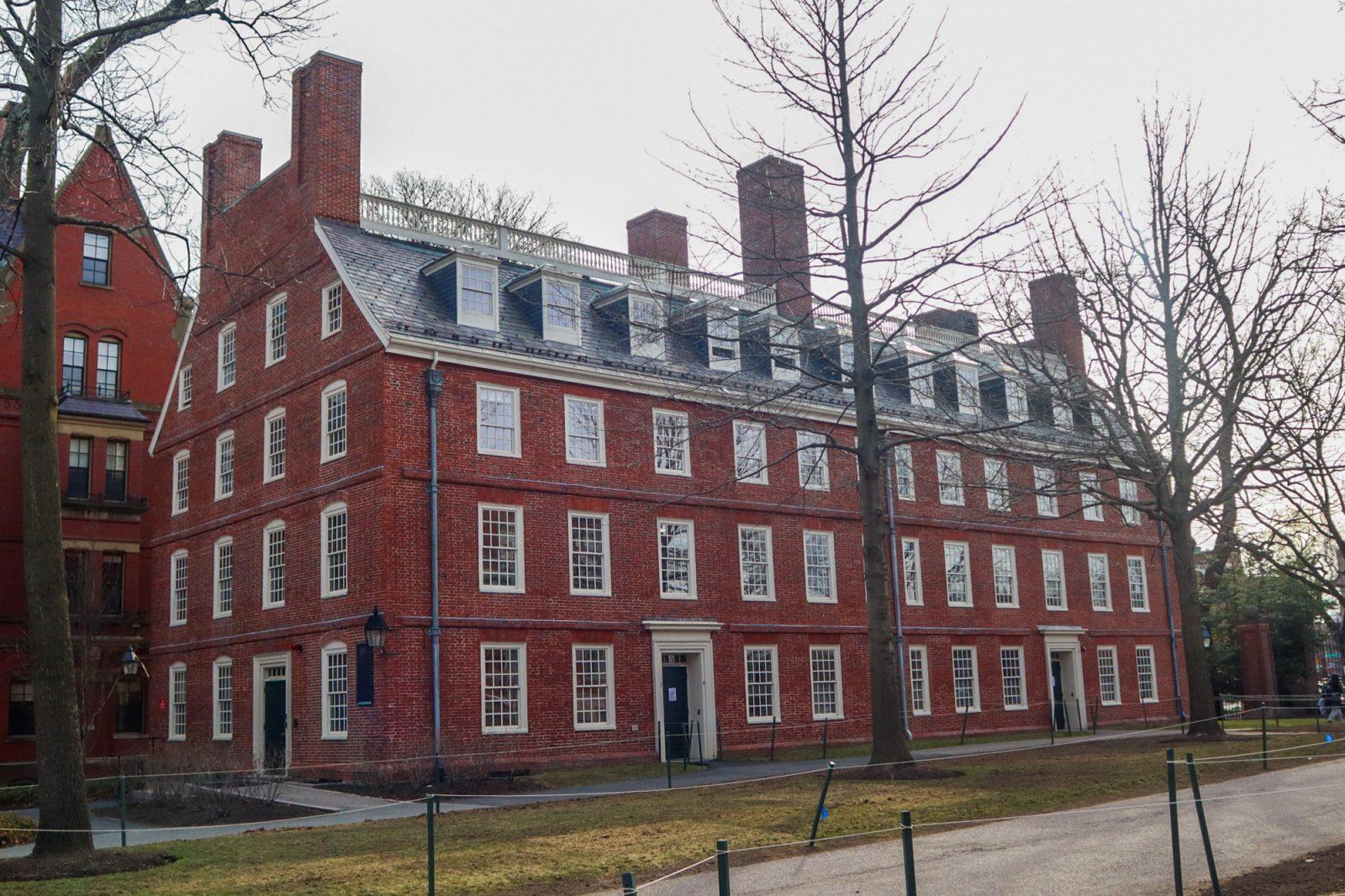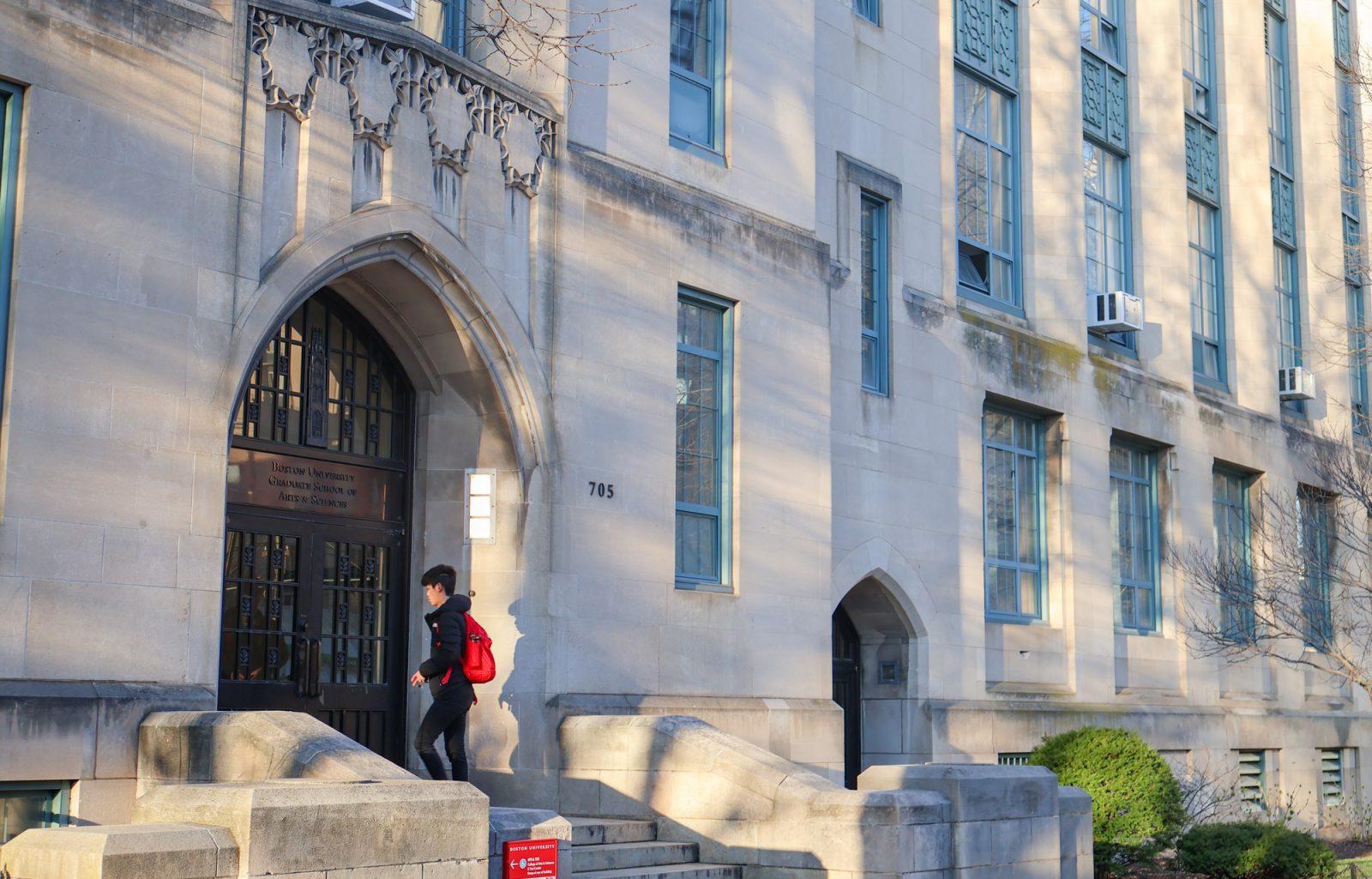Boston College administrators have issued an ultimatum: Either keep your speakers uncontroversial or bring an opposing viewpoint to balance them out.
In an effort to keep student-sponsored speakers in line with the university’s Jesuit and Catholic values, BC has instituted a new policy requiring student groups hosting presentations on controversial issues — abortion, for example — to provide a speaker to represent the Catholic point of view.
If the guideline is not met, the dean of students now has the authority to cancel any event — provided the group receives funds from the university.
Originally, the policy stated that “the free exchange of ideas is a principal value of the University,” but now it also includes “such freedom of inquiry is, however, not absolute and must be balanced by the University’s obligation to adhere to the principals and values inherent in Boston College’s identity as a Catholic and Jesuit institution.”
While administrators of this private school have a right to impart its values on students, this new policy will surely have a chilling effect on the free flow of ideas at the university.
Dissenting student groups, such as gay and lesbian organizations, now face a double standard at Boston College.
While conforming groups can invite speakers without providing balancing viewpoints, controversial groups on campus will now have to go the extra step to find someone else to speak.
For example, a recent lecture by intelligent design supporter Michael Behe was not subject to the policy and did not include a speaker in favor of evolution, according to the BC Heights.
In theory, this new policy would allow the university to cancel a pro-choice rally, if the student group hosting the event was unable to scrounge up a pro-life advocate.
But the new policy begs the question: How far will the university go to quell dissenting opinions?
We understand BC’s holds certain values as a Catholic and Jesuit institution, but shouldn’t a university also be a place where views can be freely discussed?
As BC continues to accept a student body rich in differing ethnic and religious background, a policy like this will only serve to alienate them.
Benjamin Franklin once said: “When men differ in opinion, both sides ought equally to have the advantage of being heard by the public; and that when Truth and Error have fair play, the former is always an overmatch for the latter.”
But in this case, BC administrators are no longer playing by the rules.

